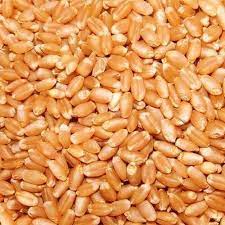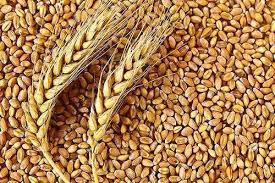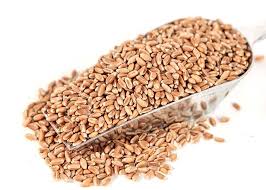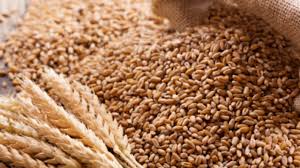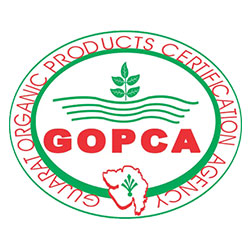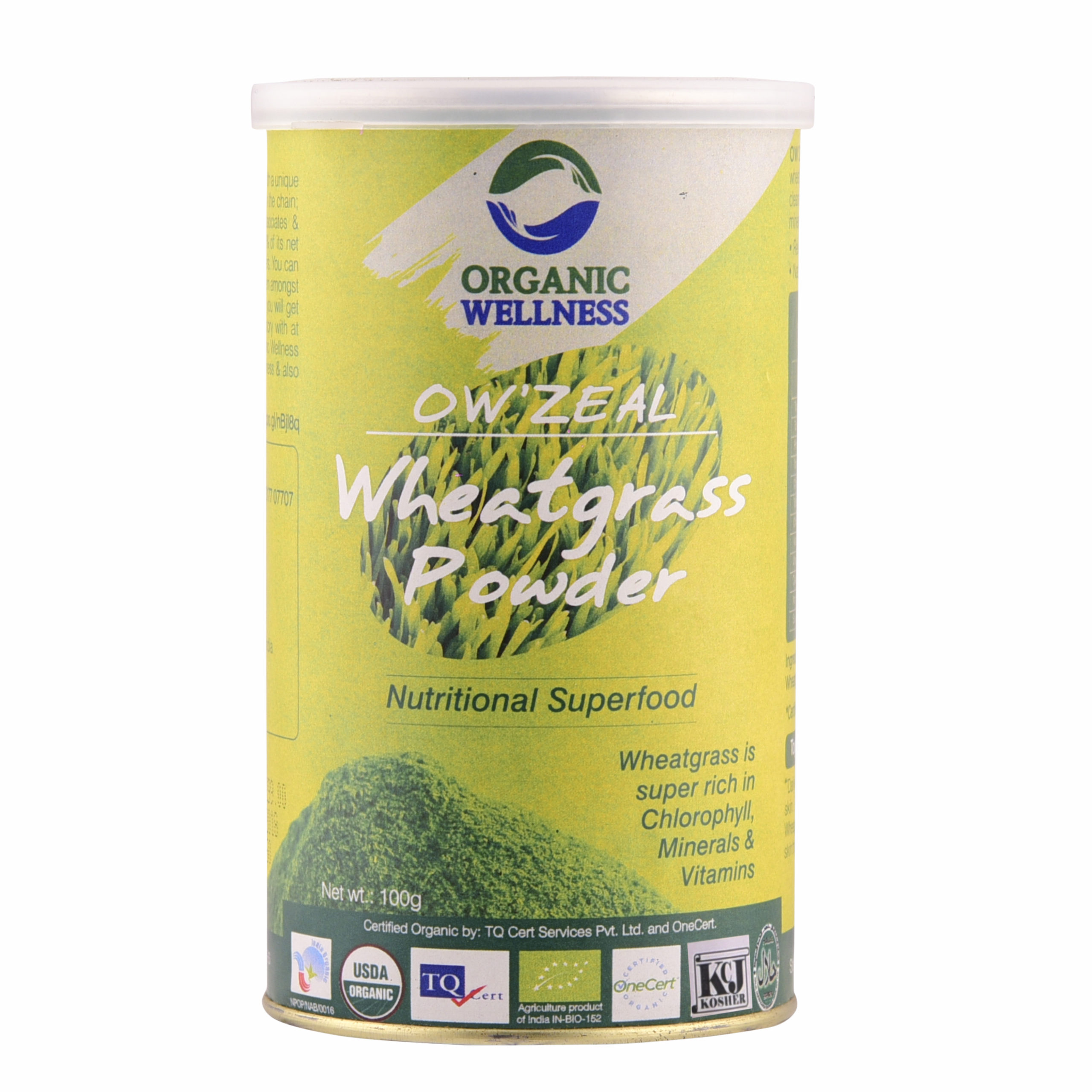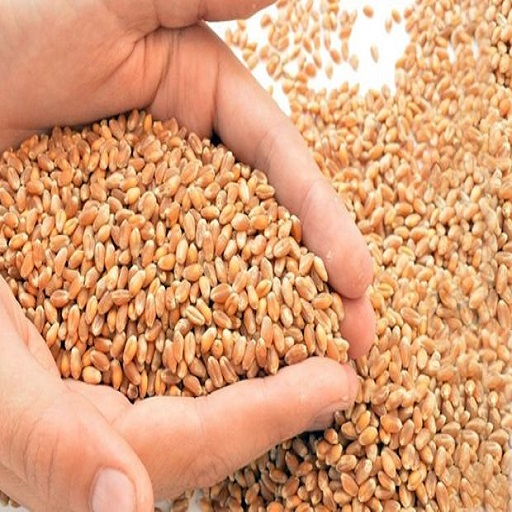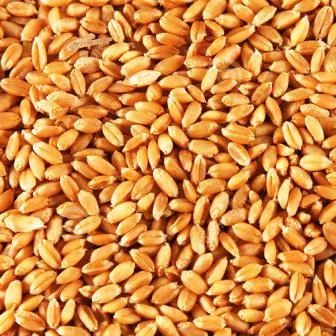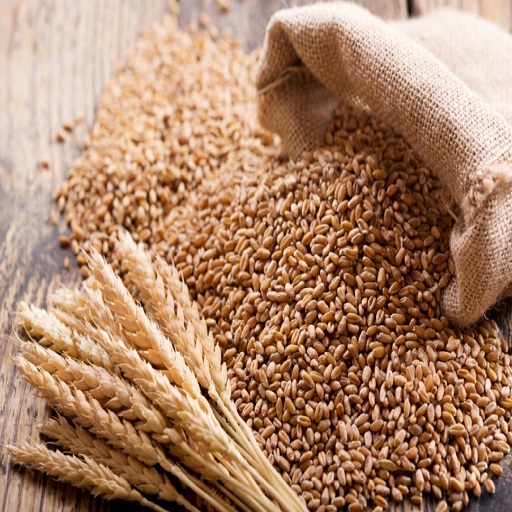Organic products have been gaining popularity in recent years as people become more aware of the impact of conventional agriculture on the environment and on human health. Organic farming methods prioritize the use of natural inputs and practices that promote soil health, biodiversity, and sustainable production. As a result, organic crops are healthier, tastier, and more nutritious than their conventional counterparts.
If you're looking for a reliable source of organic wheat for your business or personal needs, an organic wheat supplier can provide you with high-quality products that meet your requirements. In this article, we'll explore the benefits of choosing organic wheat and how an organic wheat supplier can help you meet your needs.
Why Choose Organic Wheat?
Choosing organic wheat over conventional wheat has several benefits, including:
- No Synthetic Pesticides and Fertilizers
Organic farming prohibits the use of synthetic pesticides and fertilizers. This means that organic wheat is grown without harmful chemicals that can harm the environment, contaminate water sources, and harm the health of farm workers and consumers.
- No Genetically Modified Organisms (GMOs)
Organic farming also prohibits the use of genetically modified organisms (GMOs). This means that organic wheat is not genetically engineered to resist pests, diseases, or herbicides. Instead, organic farmers rely on natural methods to manage pests and diseases, such as crop rotation, cover cropping, and beneficial insects.
- Higher Nutritional Value
Organic wheat is higher in nutritional value than conventional wheat. Studies have shown that organic crops contain more vitamins, minerals, and antioxidants than conventionally grown crops. This is because organic farming methods promote soil health, which leads to healthier and more nutrient-dense crops.
What Makes Organic Wheat Different?
Organic wheat is different from conventional wheat in several ways:
- Organic Farming Methods
Organic wheat is grown using organic farming methods, which prioritize the use of natural inputs and practices that promote soil health, biodiversity, and sustainable production. Organic farmers rely on crop rotation, cover cropping, natural pest management, and other natural methods to produce healthy and nutritious crops.
- Certification
Organic wheat is certified organic by a third-party certifying agency. This means that the wheat has been grown and processed according to strict organic standards, which prohibit the use of synthetic pesticides and fertilizers, GMOs, and irradiation.

